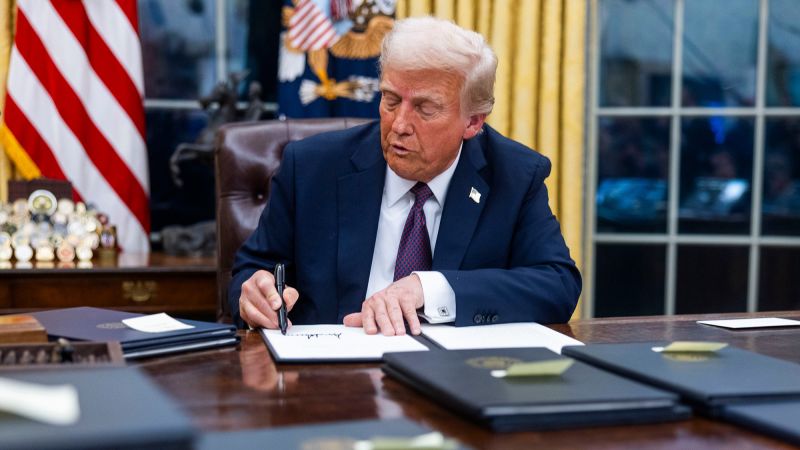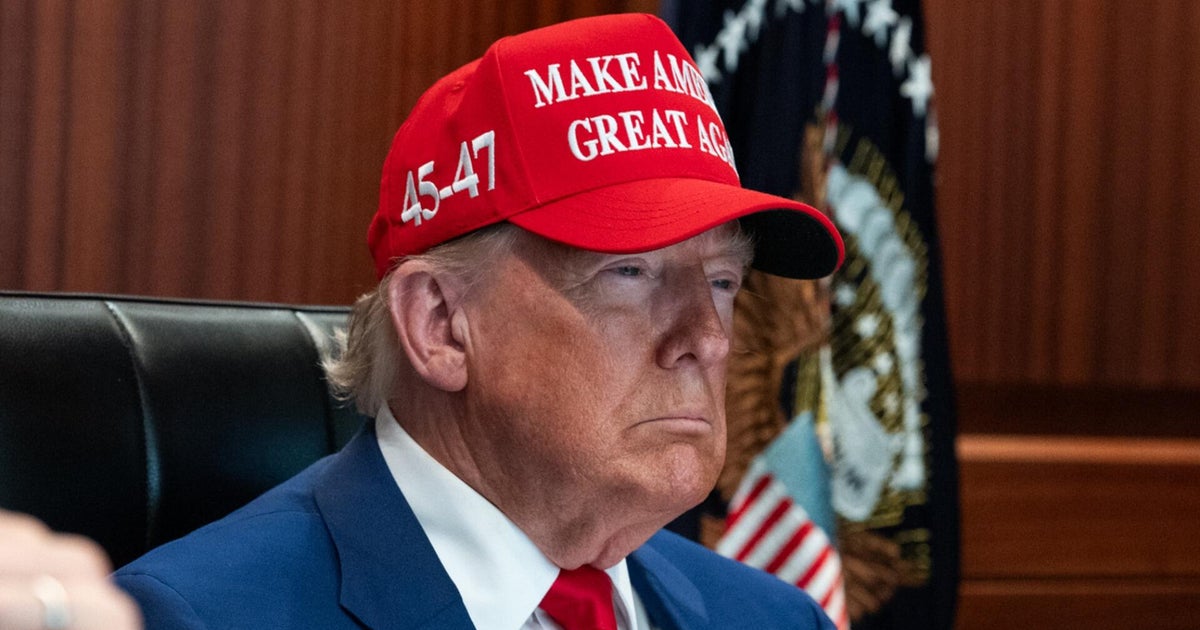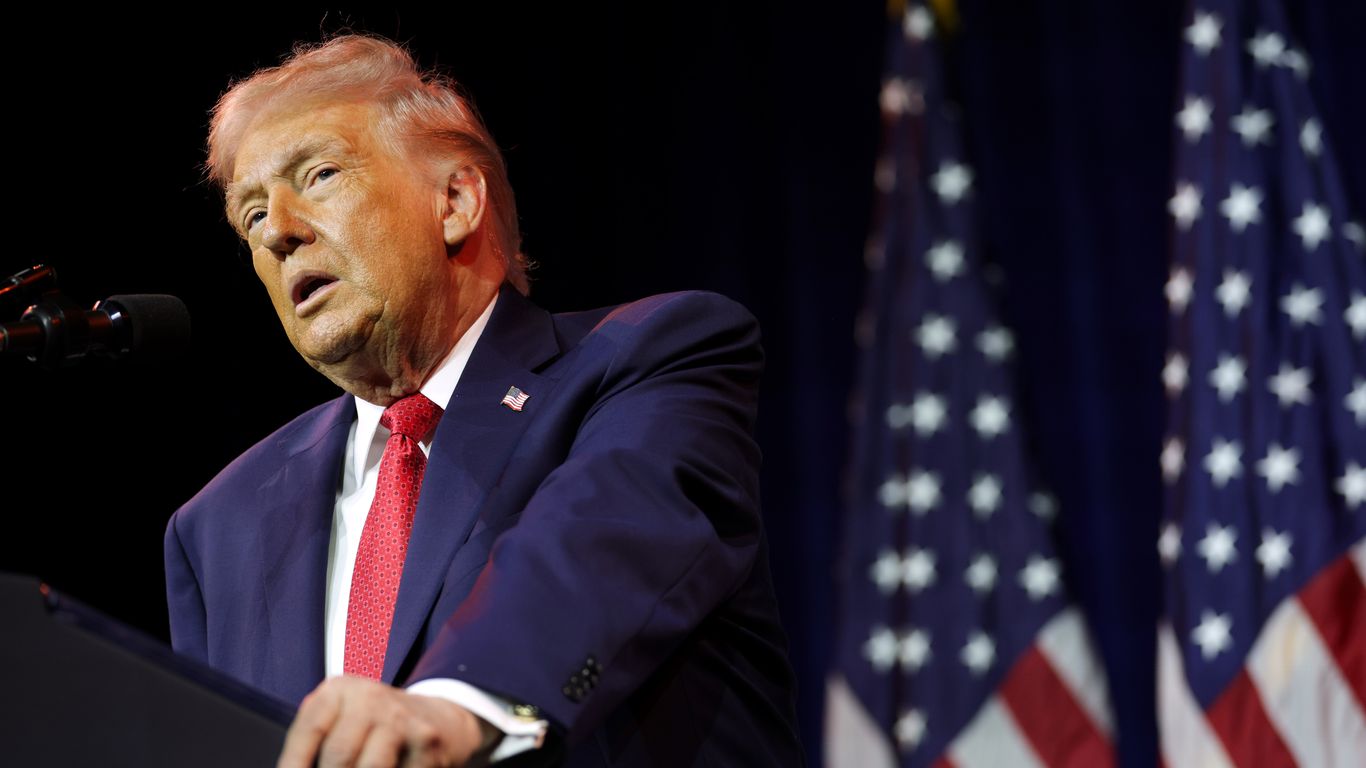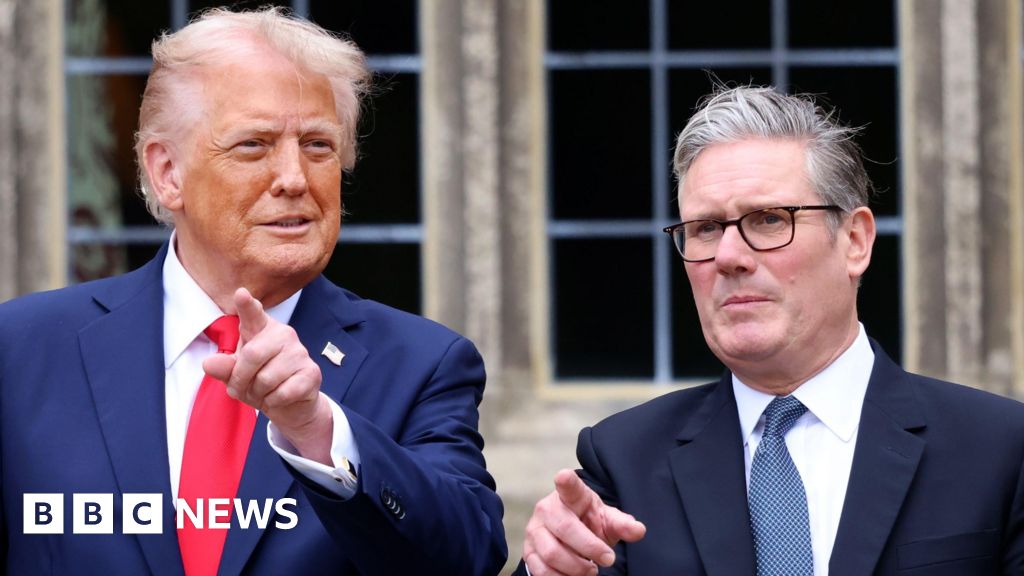Judge Rules Against Trump Administration's Takeover of U.S. Institute of Peace
#u.s. institute of peace #trump administration #separation of powers #political interference #rule of law
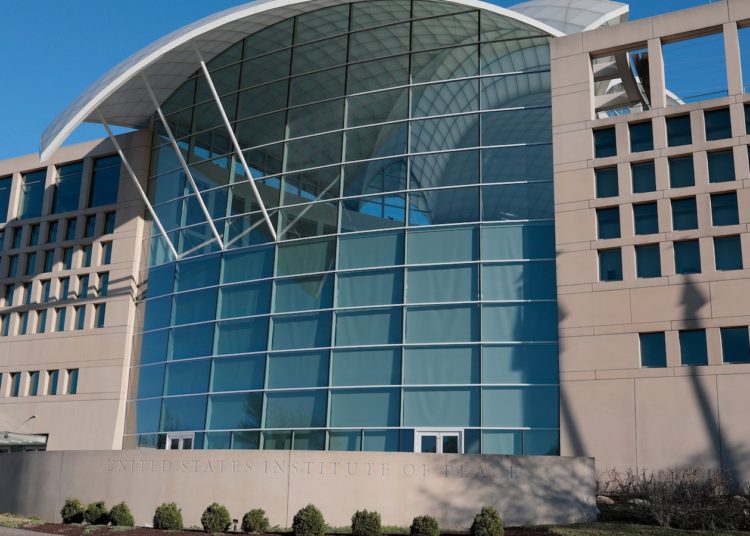
About the People Mentioned
Donald Trump
Donald John Trump, born June 14, 1946, in Queens, New York, is an American businessman, media personality, and politician. He graduated from the University of Pennsylvania’s Wharton School in 1968 with a degree in economics. In 1971, he took over his family’s real estate business, renaming it the Trump Organization, through which he expanded into building and managing skyscrapers, hotels, casinos, and golf courses. Trump gained widespread fame as the host of the reality TV show *The Apprentice* from 2004 to 2015, which helped establish his public persona as a successful entrepreneur. Trump entered politics as a Republican and was elected the 45th president of the United States, serving from 2017 to 2021. His presidency was marked by significant policy actions including tax cuts, deregulation, the appointment of three Supreme Court justices, renegotiation of trade agreements (notably replacing NAFTA with the USMCA), and a focus on immigration control including border wall expansion. He withdrew the U.S. from international agreements such as the Paris Climate Accord and the Iran nuclear deal, and engaged in a trade war with China. His administration’s response to the COVID-19 pandemic was criticized for downplaying the virus’s severity. Trump was impeached twice by the House of Representatives—first in 2019 for abuse of power and obstruction, and again in 2021 for incitement of insurrection—but was acquitted by the Senate both times. After losing the 2020 election to Joe Biden, Trump challenged the results, culminating in the January 6, 2021, Capitol riot. He remains a central figure in American politics, having won the 2024 presidential election and returned as the 47th president in 2025, continuing to promote policies aimed at economic growth, border security, and military strength[1][2][3][4].
About the Organizations Mentioned
U.S. Institute of Peace
The **United States Institute of Peace (USIP)** is a leading peacebuilding organization founded by Congress in 1984. Located in Washington, D.C., it operates as an independent, nonpartisan entity dedicated to preventing and resolving violent conflicts around the world. USIP's mission is to strengthen the nation's capabilities in promoting peaceful international conflict resolution, thereby enhancing U.S. and global security[1][2]. ### History and Mission USIP was established during a period when veterans of World War II were assuming prominent roles in Congress, advocating for peace initiatives. The Institute's founding was a response to the need for a comprehensive approach to conflict resolution, focusing on education, research, and public engagement[6]. ### Activities and Achievements - **Research and Training**: USIP conducts extensive research and provides training in diplomacy, mediation, and conflict resolution. It operates a public education center and an academy for peacebuilders, offering programs in conflict zones and nationwide[2][6]. - **Partnerships and Collaborations**: USIP collaborates with governments, civil society groups, and international organizations to build local capacities for managing conflict and promoting peace[8]. - **Key Initiatives**: The Institute focuses on issues like electoral violence, countering violent extremism, and advancing rule of law. It also utilizes technology and media to track and prevent conflicts[3][6]. ### Current Status Today, USIP continues to play a vital role in global peacebuilding efforts, working directly in conflict zones and providing resources to those working towards peace. It remains a trusted intermediary due to its independent status, facilitating dialogue and strategic planning among diverse stakeholders[1][4]. ### Notable Aspects - **Funding and Support**: USIP receives annual appropriations from Congress, with recent funding requests around $56 million[7]. - **Global Impact**: The Institute's work is instrumental in fostering a more peaceful international community, addressing and mitigating conflicts worldwide through its extensive programs and partnerships[4][
Department of Government Efficiency
The **Department of Government Efficiency (DOGE)** is a federal department established in early 2025 under President Trump's administration, with Elon Musk and Vivek Ramaswamy among its leaders. Its core mission is to modernize U.S. government operations by cutting bureaucratic waste, slashing excess regulations, and restructuring federal agencies to enhance efficiency and accountability[1][3][5]. DOGE evolved from the United States Digital Service (USDS), renamed and reorganized to serve as the operational arm of the President’s DOGE Agenda. This temporary organization, led by a USDS Administrator, is tasked with implementing an 18-month plan focused on leveraging advanced technology—such as AI-powered data management, automated workflows, and cloud transformation—to streamline government functions and improve service delivery across federal, state, and local levels[2][6]. Historically, DOGE has aggressively pursued cost-cutting measures, including offering deferred resignation options to over two million federal employees and targeting agencies like the United States Agency for International Development (USAID) for significant downsizing or closure. These moves have sparked controversy and legal challenges, with critics raising concerns about privacy, transparency, and the potential politicization of federal functions[4]. Key achievements touted by DOGE include billions of dollars saved through tighter oversight of federal spending, enhanced transparency initiatives, and the implementation of performance tracking tools to ensure taxpayer dollars are spent effectively. The department also emphasizes reducing paperwork, optimizing resource allocation, and improving interagency coordination, aiming to build a more agile government that earns public trust through innovation and accountability[1][5]. Currently, DOGE operates with a mandate to overhaul government technology and bureaucracy by July 2026, working under close White House supervision. Its impact spans from transforming procurement processes to reshaping public access portals, all designed to create a faster, simpler, and more cost-effective government sector. The department remains a focal point of debate in business and technology circles due to its ambitious reform agenda and high-profile leadership[1



